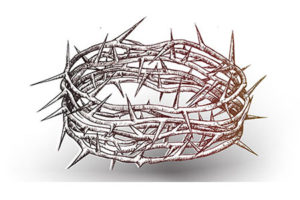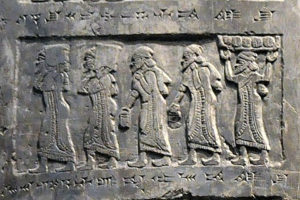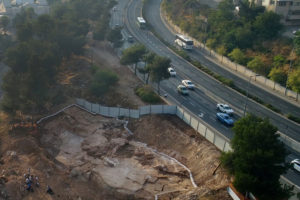
GNU Free Documentation License.
Amnon Ben-Tor, a professor emeritus of archaeology at the Institute Hebrew University of Jerusalem died on August 22, 2023 aged 88. Ben-Tor was a professor (emeritus) at the Institute of Archaeology, Hebrew University, Jerusalem, who served as Director of the Tel Hazor Excavations from 1990-2023. Ben-Tor worked at Hazor as an area supervisor under Yigael Yadin in the 1950’s and 1960’s. He was the editor of Hazor III-IV (text), and a co-editor of Hazor V, Hazor VI, and Hazor VII. He also the authored the book Hazor Canaanite Metropolis, Israelite City.
Tel Hazor, located in northern Israel, is the location of the ancient Canaanite city of Hazor. The biblical city of Hazor was first the site of a Canaanite city and later an Israelite settlement. Known as Tell el-Qedah in Arabic, Hazor is the largest biblical-era site in Israel, covering some 200 acres. The Canaanite settlement in the 15th century BCE was the leading city of the Canaanite federation. Israeli archeologist Dr. Amnon Ben-Tor led the excavations at Tel Hazor late in the last century and in the early years of this millennium.
For several years, Ambassador College at a Pasadena, California, joined with Hebrew University of Jerusalem, Complutense University of Madrid, and the Israel Exploration Society in the Hazor Excavations in honor of Yigael Yadin. Ambassador provided some monetary support for the excavation and students to help excavate as the institution previously had done with Benjamin Mazar’s excavations south and west of the Temple Mount (Mazar B. , 1975, p. 25) and Yigal Shiloh’s excavations at the City of David.
Ambassador College at Pasadena, California, was a four-year, liberal arts institution founded in 1947 by Herbert W. Armstrong. See https://ambassador.edu/. At one time, the institution had three campuses. Following several reorganizations, the institution consolidated its operations at Big Sandy, Texas. There the institution reincorporated as Ambassador University, a Texas non-profit corporation, and quickly achieved regional accreditation by the Southern Association of Colleges and Schools. The University closed in May 1997, for divisive religious and financial reasons, having celebrated its 50th anniversary year.
When Ambassador students served at the Hazor excavations, part of their field experience included a series of insightful history and archaeology related seminars by Dr. Ben-Tor. At one of the seminars, following the discovery that week of a vast and deep layer of ash and burned debris, the discussion of the Israelite invasion of the ancient city of Hazor by Joshua and the Israelite military ensued.
One Ambassador archaeology student, asked Dr. Ben-Tor if he believed in an early Exodus (15th century) or a late (13th century) Exodus. His stunning stunned answer was “Do I believe in an Exodus?” Obviously, he did not.
Many archaeologists and Egyptologists reject the idea of an Israelite exodus from Egypt. Those who acknowledge the biblical Exodus account divide into the early (15th century BCE) and late (13th century BCE) factions. Convoluted arguments in the literature are of little help in settling the matter.



Recent Comments